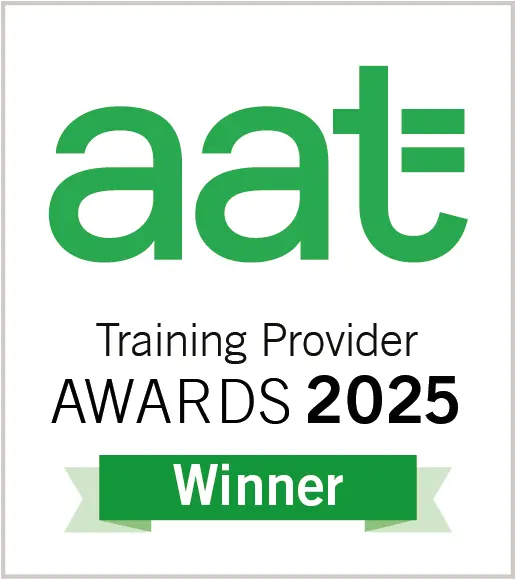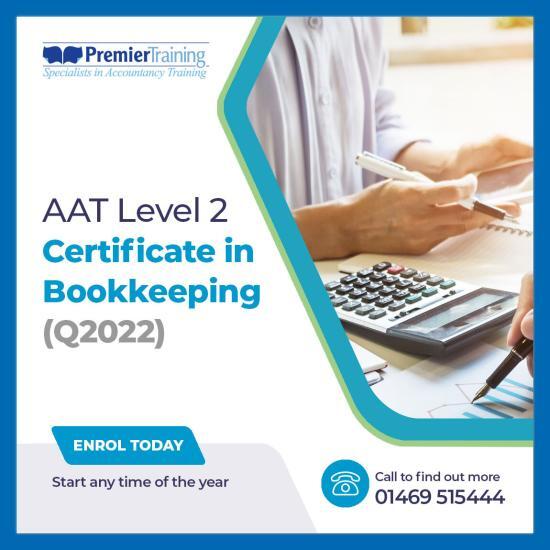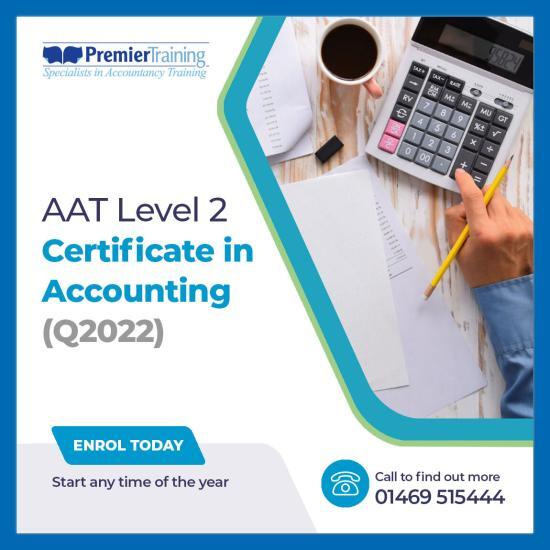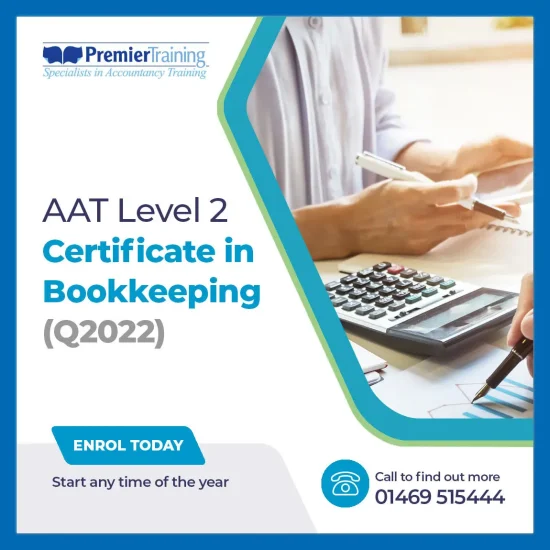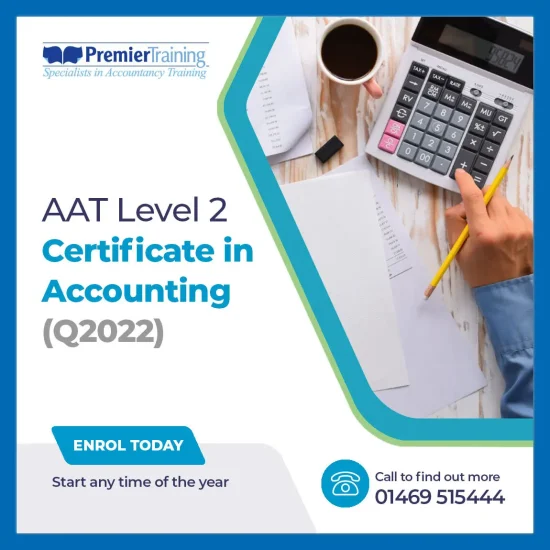What is the difference between ATT and AAT?
The Association of Accounting Technicians (AAT) and the Association of Taxation Technicians (ATT) are two distinct professional bodies in the United Kingdom that provide specialized qualifications and certifications in the fields of accounting and taxation, respectively. While both organizations focus on enhancing the skills and expertise of professionals in the financial sector, they have distinct areas of specialization and serve different aspects of the industry. Let’s delve deeper into the difference between ATT and AAT:
1. Focus and Specialization:
- AAT: The AAT is primarily focused on accounting and finance. It offers a range of qualifications that cover various aspects of accounting, bookkeeping, and financial management. AAT qualifications are designed to equip individuals with the necessary skills to perform tasks such as financial reporting, budgeting, and analysing financial data. With a membership exceeding 150,000 individuals across more than 90 countries worldwide, AAT serves as a leading authority in the field of accounting.
- ATT: The ATT, on the other hand, specializes in taxation. It provides qualifications that enable individuals to become experts in tax matters. ATT professionals are trained to navigate the complexities of tax legislation, regulations, and planning, providing expert advice to individuals and businesses on tax-related matters. With a robust membership of over 9,500 Members and Fellows, along with a student body exceeding 5,000, ATT plays a crucial role in shaping and upholding standards in the field.
2. Scope of Practice:
- AAT: Professionals with AAT qualifications typically work in roles related to accounting, bookkeeping, financial analysis, and management accounting. They may be involved in maintaining financial records, preparing financial statements, and assisting in budgeting and forecasting.
- ATT: ATT professionals specialize in tax-related roles. They are equipped to provide tax advice, assist with tax planning, and ensure compliance with tax laws and regulations. They often work with clients to minimize tax liabilities and optimize tax strategies.
3. Professional Designations:
- AAT: AAT offers designations such as “AAT Qualified” or “AAT Technician” upon completion of their qualifications. These designations indicate proficiency in accounting principles and practices.
- ATT: ATT provides designations such as “ATT” or “Taxation Technician” to individuals who successfully complete their qualifications. These designations signal expertise in tax matters and proficiency in navigating complex tax codes.
4. Course Content:
- AAT: AAT courses cover a wide range of accounting topics, including financial accounting, management accounting, business ethics, and more. The curriculum emphasizes both theoretical understanding and practical application of accounting principles.
- ATT: ATT courses focus on taxation principles, including income tax, corporate tax, value-added tax (VAT), and inheritance tax. The curriculum equips individuals with the knowledge and skills needed to navigate intricate tax regulations and provide expert tax advice.
5. Career Pathways:
- AAT: AAT qualifications open doors to various accounting and finance roles, such as bookkeeper, accounting assistant, management accountant, and financial analyst.
- ATT: ATT qualifications prepare individuals for careers in tax consultancy, tax planning, tax compliance, and other roles related to taxation. ATT professionals often work in tax advisory firms, accountancy firms, or as independent tax consultants.
In summary, while both the Association of Accounting Technicians (AAT) and the Association of Taxation Technicians (ATT) contribute to the professional development of individuals in the financial sector, they have distinct areas of specialization.
AAT focuses on accounting and finance, providing qualifications for roles related to financial management, while ATT specializes in taxation, equipping professionals to navigate complex tax regulations and provide expert tax advice. Choosing between ATT and AAT depends on an individual’s career aspirations and their desired specialization within the broader financial industry.
Remember that both qualifications hold value and can open doors to rewarding career opportunities, so choosing the one that aligns best with your goals is essential for your professional growth and success.


